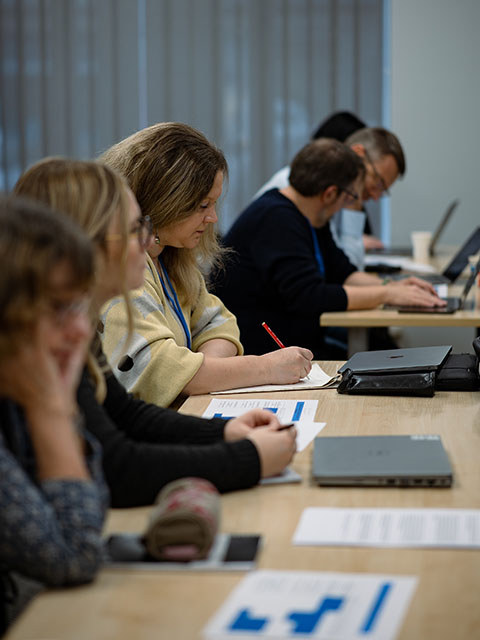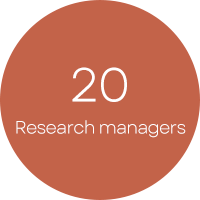The enduring legacies of public history are integral to who we are. The aim of the EU-funded EUROPAST project is to promote research standards in public history at Vilnius University (VU) and enhance staff expertise. Working in collaboration with other renowned European academic institutions, the project will employ best practices to research public history, develop future models, conduct training courses and seminars, and establish a robust network of public history researchers and stakeholders. This will create an interdisciplinary network that will cement VU’s reputation, facilitate future research projects, empower new approaches to public history and extend beyond academia.


Connecting EUROPAST research managers and data and communication specialists for mutual learning and continuous knowledge exchange, as put into practice through online Coffee Talks.
The EUROPAST community is invited to participate in Researchers and Managers Labs, with the aim of promoting research standards, strengthening the quality of research management and benefiting from synergies across these fields.
The Research Managers Network serves as a platform to facilitate collaboration among researchers in the consortium through the dissemination of calls from partner institutions.
All colleagues from the EUROPAST institutions are invited to join the network – find out more here.

"To work together meant engaging with regions we did not have on our mental map. Being close to historical problems that felt familiar but which we had not engaged in closely before."